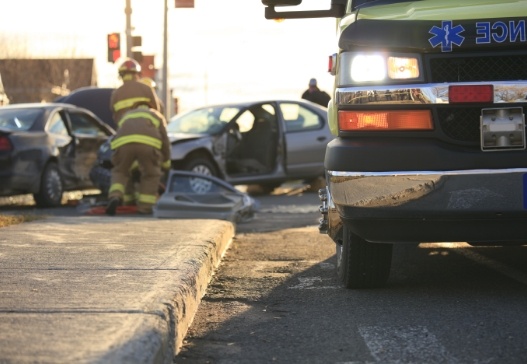Sleep Apnea Therapy – Warsaw, IN
Get the Great Night’s Rest You Deserve

Do you often struggle to feel well-rested despite getting at least eight hours of sleep? Does your partner complain about loud snoring coming from your side of the bed? These signs point to sleep apnea, a sleep disorder that could be dangerous if left untreated. At East Center Dental, we aim to protect our patients’ complete health in addition to their dental health, and getting quality rest is a key component. Call our dental office today to learn more about how sleep apnea therapy from our Warsaw, IN dentist could give you and your partner the great night’s rest you deserve!
Why Choose East Center Dental for Sleep Apnea Therapy?
- At-Home Sleep Apnea Testing Provided
- iTero Goop-Free Impressions for Oral Appliances
- Experienced Dentist Focused on Complete Health
What Is Sleep Apnea?

This disorder comes in a few different types, the most common of which is called obstructive sleep apnea. It occurs when your airway becomes blocked by the tissues in the back of your throat collapsing. Not only can this cause seriously loud snoring, but it also forces you to briefly wake up so that the obstruction can be dislodged, letting you breathe again. These episodes can occur dozens or even hundreds of times a night, but because they’re so short, many people don’t even remember them. They simply wake up feeling exhausted without knowing why.
Dangers of Sleep Apnea

Untreated sleep apnea does much more than make you feel fatigued. By depriving your body of reaching the deeper stages of sleep, it may also cause problems with memory, focus, and reaction time, which could be disastrous if you have to drive. In terms of your overall health, sleep apnea has been linked to an increased risk of heart disease, high blood pressure, and pregnancy complications such as preterm births.
Oral Appliance Therapy

If you suspect you have sleep apnea, our team can provide an at-home test to diagnose the condition. Sleep apnea can be been treated with a variety of options. Dr. Rudoplh will consult with your medical doctor to see if a simple, comfortable, and affordable dental device can be custom-made to help manage your sleep health.
Sleep Apnea FAQs
Can I Diagnose Sleep Apnea On My Own?
There are several symptoms associated with sleep apnea, such as loud snoring, excessive daytime sleepiness, and irritability. However, these symptoms don’t always mean that you have sleep apnea, so simply noticing them isn’t enough for a proper diagnosis. The best way to know for sure whether you truly have a sleep disorder is to have a sleep test performed. Getting a diagnosis is essential before moving forward with any form of sleep apnea treatment.
How Can I Travel with Sleep Apnea?
When you go traveling, you should take your sleep apnea treatment with you. That way, you can make sure that your sleep-disordered breathing stays under control even while you’re on the go. Traveling with a CPAP machine can be inconvenient due to the size of the device. On the other hand, an oral appliance is much easier to pack; you can even put it in your pocket if you need to.
It’s important to make sure that you’re getting enough rest while you’re traveling. As such, you should make a point of sticking as closely to your normal sleep schedule as you can.
Can I Have Oral Appliance Therapy If I Grind My Teeth?
Oral appliances are stronger than they appear. Even if you do grind your teeth at night, they are designed to handle the pressure. As a matter of fact, patients who suffer from nighttime teeth grinding (also known as bruxism) might find wearing an oral appliance to be especially beneficial. The appliance can act as a barrier between the upper and lower rows of teeth to prevent them from damaging each other.
How Should I Clean My Sleep Apnea Oral Appliance?
If you want to keep your risk for tooth decay, gum disease, and oral infections to a minimum, you need to take the time to make sure that your oral appliance stays as clean as possible. Here are some key steps for doing so:
- When you take out your oral appliance, brush it with a soft-bristled toothbrush and rinse it off so that there isn’t any saliva left on it.
- Every so often, you should soak your oral appliance in denture cleanser.
- Whenever your oral appliance is not on your teeth, it should be safely stored in its case.
Feel free to ask our team if you would like additional advice on keeping your oral appliance clean.
